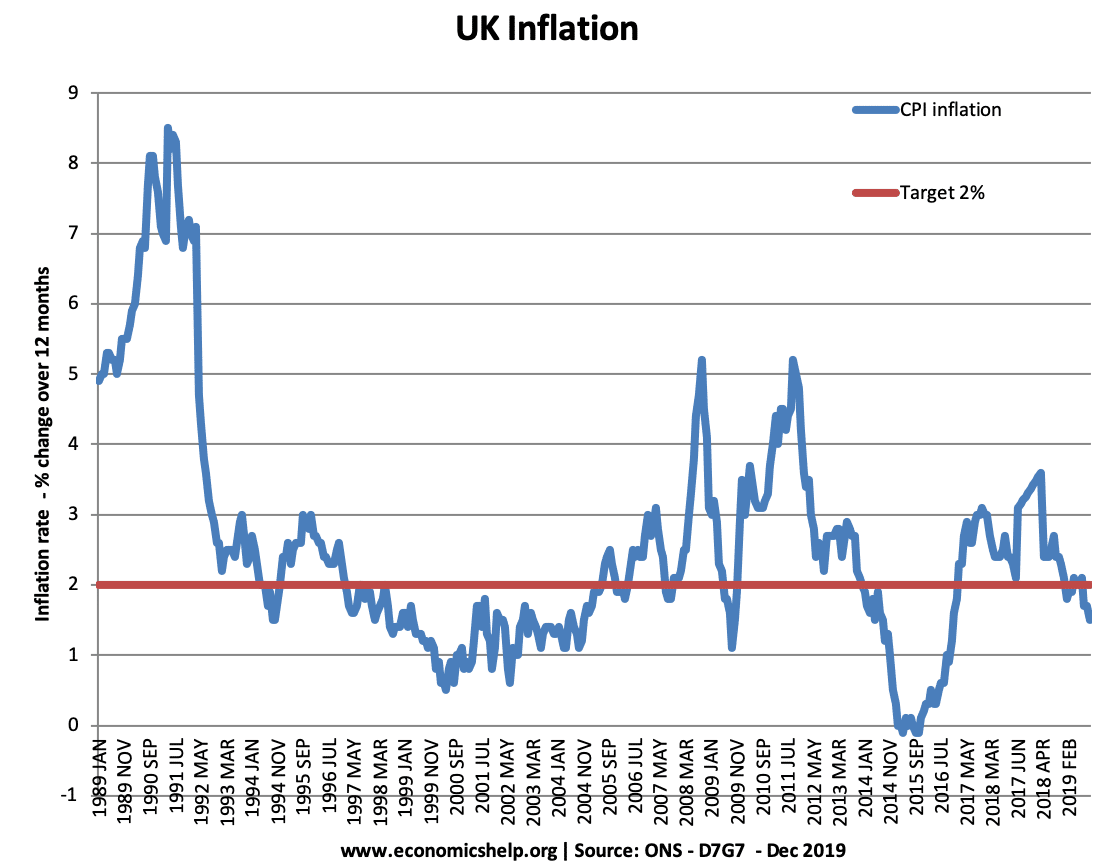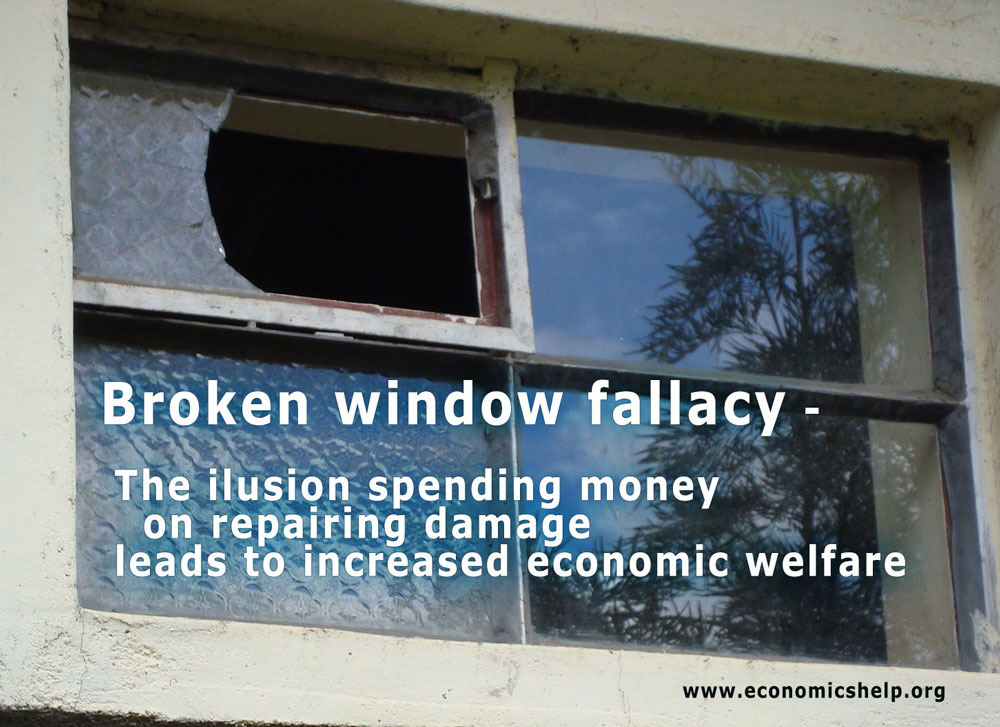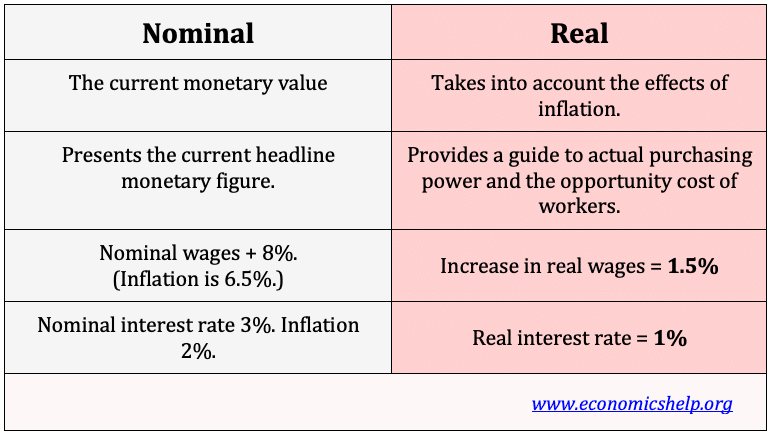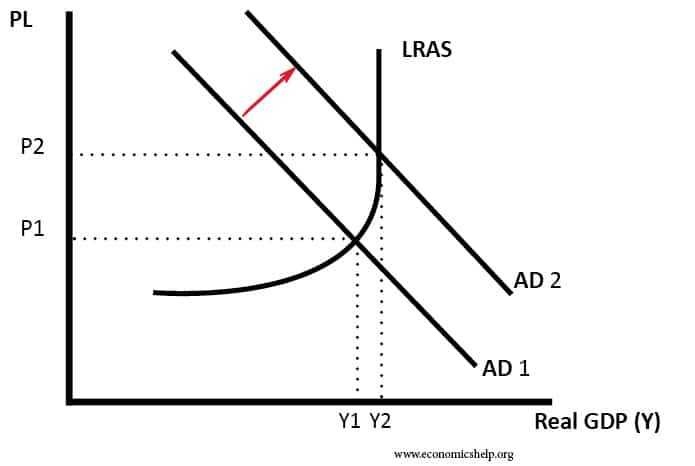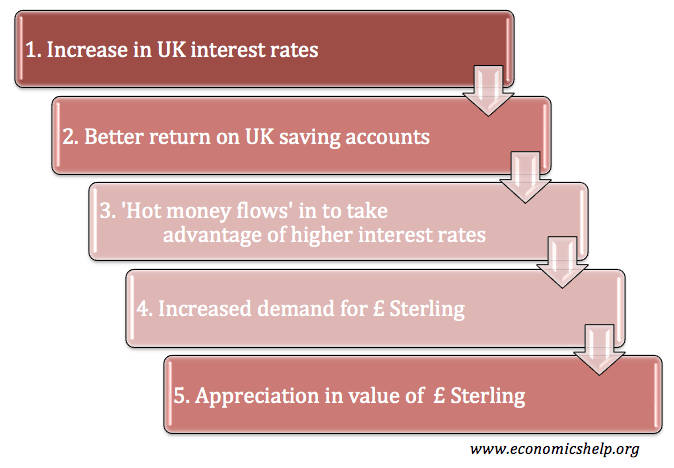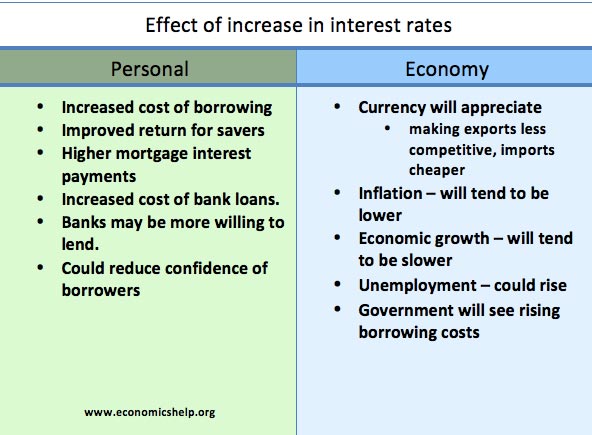Seigniorage – definition and explanation
Seigniorage is the profit created by issuing currency, where the face value is higher than the intrinsic value. (production costs) Seigniorage income can also relate to the interest a Central Bank charges from lending commercial banks money. Seigniorage explained Early forms of money had a face value equal to the production costs – e.g. gold …

